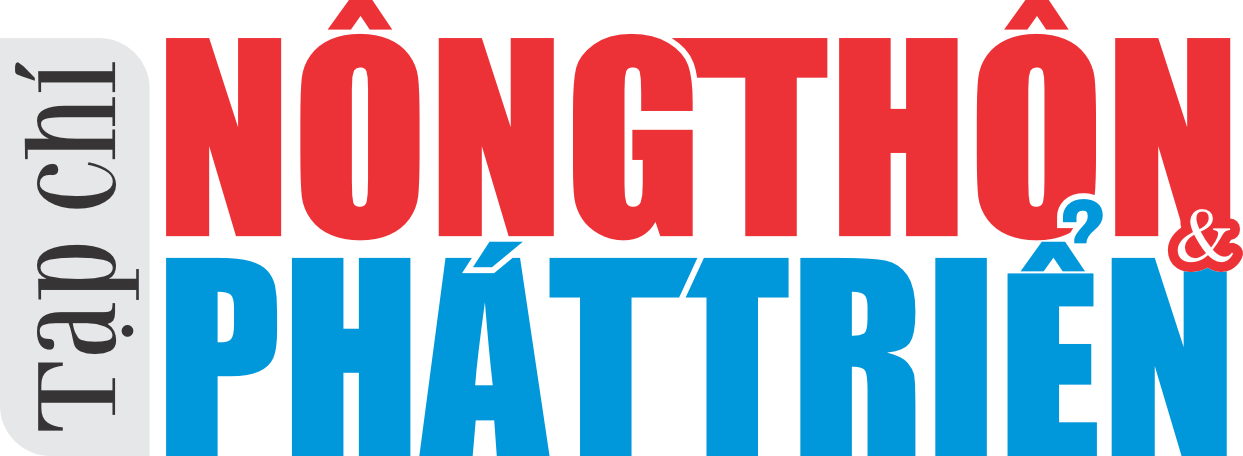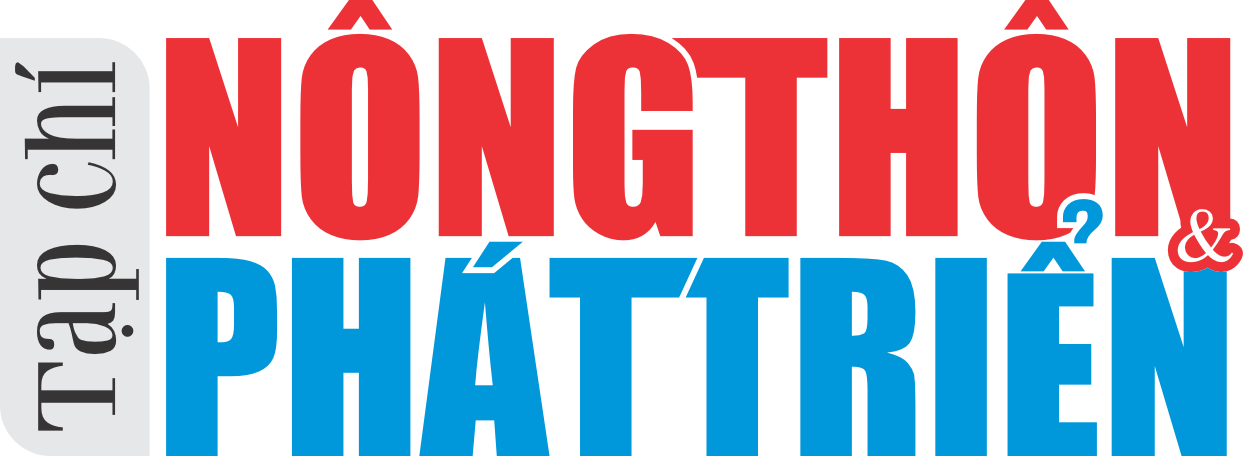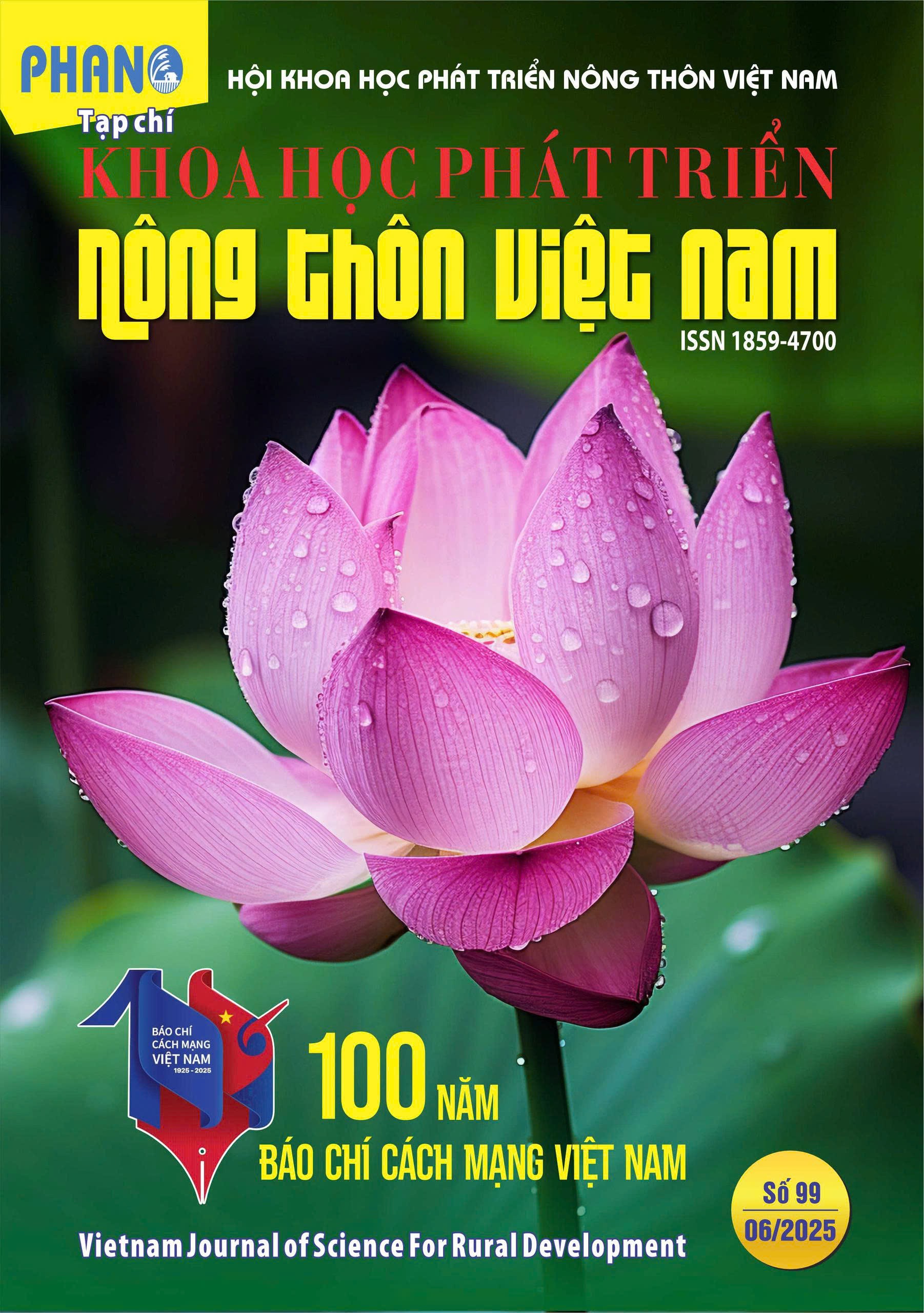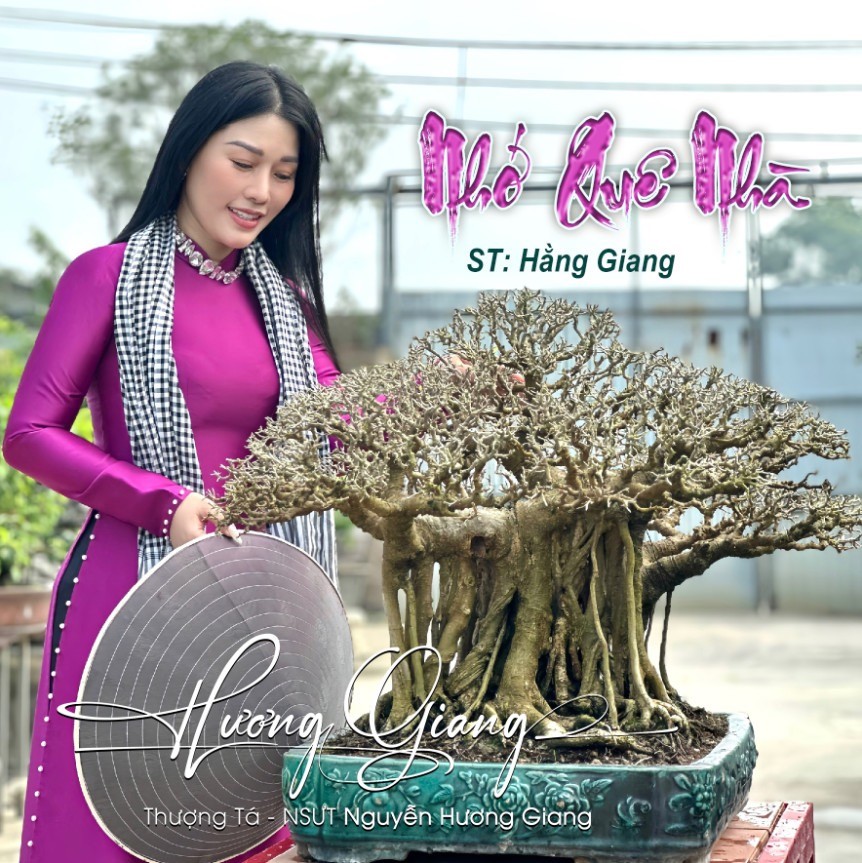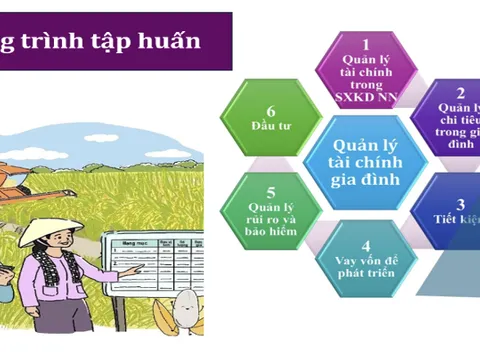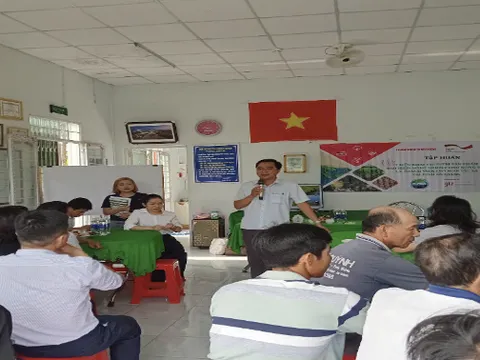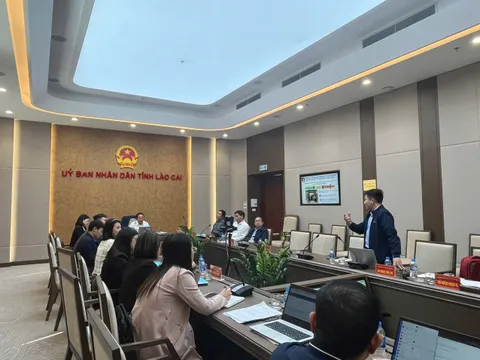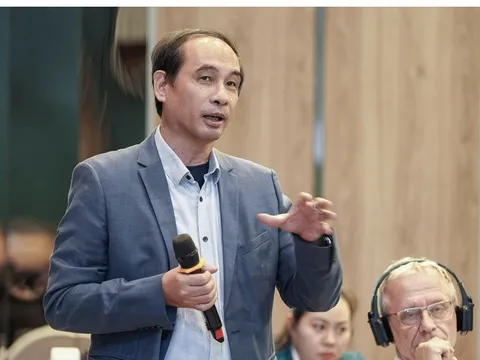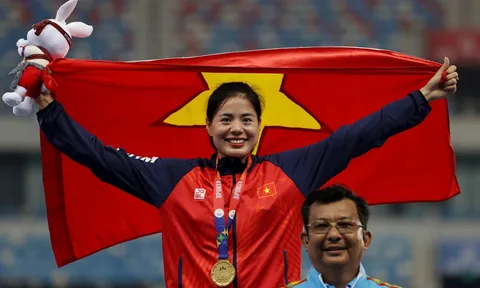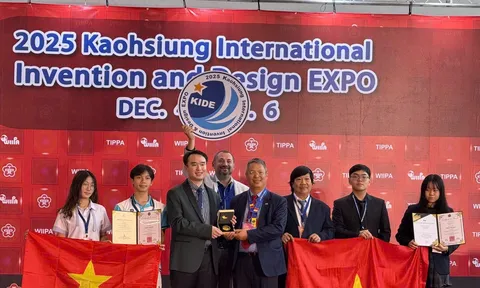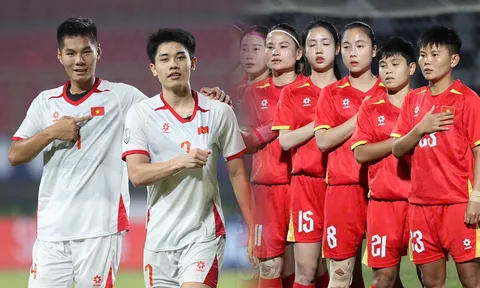Throughout his revolutionary life, President Ho Chi Minh learned to write and work as a journalist to serve his noble purpose and that of the entire Vietnamese nation, which is to awaken patriotism, enlighten the working masses to follow the path of proletarian revolution, achieve national liberation, class emancipation, and human freedom, and to build an independent, free, prosperous, and happy country.
According to documents and statistics from Mr. Cu Van Chuoc who was in charge of press briefings and closely assisted President Ho Chi Minh at the Presidential Palace, between 1919 and 1969, President Ho Chi Minh wrote approximately 2,000 journalistic articles across various genres, nearly 300 poems, and about 500 pages of stories and memoirs, etc. with over 150 different pen names and in multiple languages, including Vietnamese, English, French, Russian, Chinese, German, etc.
President Ho Chi Minh was the founder of 9 newspapers: The Miserable (Le Paria in 1922), International Peasants (1924), Thanh Nien (1925), Cong Nong / “Workers and Peasants” (1925), Linh Kach Menh / “Revolutionary Soldier” (1925), Than Ai (1928), Viet Nam Doc Lap / “Independent Vietnam” (1941), Cuu Quoc / “National Salvation” (1942) and Tap Chi Do / “The Red Magazine” (1930). He directed the establishment of the National Radio Station (now the Voice of Vietnam) on September 7, 1945; the establishment of the National News Agency (now the Vietnam News Agency) on September 15, 1945; the newspaper Su That (now the Nhan Dan newspaper) on March 11, 1951.
President Ho Chi Minh – The Founder of the Vietnamese Revolutionary Press. Photo: Archive.
A profound connoisseur of both Eastern and Western cultural values, ancient and modern, and an early adopter of Marxism–Leninism, President Ho Chi Minh clearly recognized the immense and miraculous power of the press in the revolutionary cause, in social life, and in fostering people’s morality and knowledge. In particular, through the vivid practical experiences of the Vietnamese revolution, he viewed the press as a sharp revolutionary weapon and skillfully used it to propagate revolutionary ideals and mobilize the people to participate in the revolutionary cause.
The one who laid the foundation for the Vietnamese revolutionary press
From the early days of his activities abroad, Nguyen Ai Quoc – known as Ho Chi Minh recognized the power of the press in spreading revolutionary ideology. His first article, titled “Demands of the Annamite People”, under the pen name Nguyen Ai Quoc, was published in L’Humanité (The Humanity – the official newspaper of the French Socialist Party) on June 18, 1919. This article was also submitted to the Versailles Peace Conference to demand freedom and democracy for the Vietnamese people. During this same period, he published numerous articles exposing the crimes of colonialism in French newspapers such as The Humanity, Workers’ Life, The People's Magazine, The People of Paris, and so on. Among these, the articles “Colonial Mentality” and “Demands...” stood out as powerful arrows piercing the heart of colonialism right in its homeland.
In 1921, he and his comrades established the Union of Colonial Nations and founded the newspaper Le Paria (The Miserable). Ho Chi Minh was the soul of the newspaper: he wrote articles, edited, organized content, and published them. Through these articles, he denounced colonialism and called upon humanity to support the struggles for independence of oppressed nations.
During his time in the Soviet Union, he wrote numerous important articles for publications such as International Correspondence Magazine, International Peasant Magazine, International Women’s Magazine, and Pravda (the official newspaper of the Communist Party of the Soviet Union), focusing on the strategy for the liberation of colonial nations. Simultaneously, he collaborated with the French press to highlight revolutionary movements in the colonies, including Vietnam.
In 1924, he wrote the article “Lynching” in German, published in the World Forum newspaper (the German Communist Party), condemning racial discrimination in the United States. In 1925, he produced the classic political treatise “The French Colonial Regime’s Verdict”, consisting of 12 chapters written in French, first published in Imprékor, the journal of the Communist International. The work made a significant impact and inspired oppressed peoples to rise up and fight for freedom.
Another significant milestone came in June 1925, when Nguyen Ai Quoc returned to Guangzhou (China) to found the Vietnam Revolutionary Youth League and launch the newspaper Thanh Nien (with its first issue published on June 21, 1925). This was the first political newspaper of a Vietnamese revolutionary organization and laid the foundation for the revolutionary press. As Editor-in-Chief, he wrote articles, drew satirical pictures, and organized the articles’ content. Although Thanh Nien only operated until 1929, it played a vital role in spreading Marxism–Leninism and preparing the ideological groundwork for the founding of the Communist Party of Vietnam.
In 1928, while operating in Siam under the alias Thau Chin, he renamed the newspaper Dong Thanh to Than Ai (Fraternity) - the propaganda organ of the Fraternity Association and contributed numerous articles promoting the revolutionary cause.
In August 1941, upon returning to Vietnam, Ho Chi Minh founded the newspaper Viet Nam Doc Lap (“Independent Vietnam”), (abbreviated as Viet Lap), to promote the Viet Minh movement and call on the people in the Cao–Bac–Lang region to join national salvation organizations. Following the August Revolution in 1945, he authored the Declaration of Independence, proclaiming the birth of the Democratic Republic of Vietnam. This work was widely published and has since become an immortal piece of political literature.
By 1946, in the face of the French colonialists' plot to invade again, Ho Chi Minh wrote the Appeal for National Resistance, which was brief and concise, and was broadcast on the Voice of Vietnam, to call the entire nation to rise and defend the homeland.
During the resistance war against the French (1946–1954), despite being busy with a thousand jobs, Ho Chi Minh still wrote over 135 articles for the newspaper Cuu Quoc (National Salvation), 24 articles for the newspaper Su That (Truth), and many more for the Party’s internal magazine. From 1951 to 1969, he authored more than 1,200 articles for the newspaper Nhan Dan under more than 20 different pen names. Many of his writings have become journalistic exemplars, such as “Dan Van / Mass Mobilization” (1949) and “Strengthen Revolutionary Morality, Eliminate Individualism” (1969), etc.
He also wrote many profound articles for the French and Soviet press, with notable examples including: “Imperialist invaders can never enslave the heroic Vietnamese nation”, “Lenin and the liberation of oppressed peoples”, “Thirty years of the Party’s activities”, and so on.
President Ho Chi Minh’s journalistic career spanned over half a century - from his first article in The Humanity in 1919 to his final piece, “Raising the responsibility for the care and education of children and youth”, published in the newspaper Nhan Dan on June 1, 1969. From Nguyen Ai Quoc - the young journalist in Paris, to Ho Chi Minh - the President of the nation, he devoted his whole life to using the pen in service of the revolutionary cause. As he once shared with Soviet journalist Rybatski: “I am a feuilletonist, a political essayist. If you call me a propagandist, I won’t argue. But the most accurate description is a professional revolutionary”.
He used the press as a sharp and effective tool to disseminate Marxism–Leninism, awaken patriotism, and ignite the revolutionary spirit of the people. Ho Chi Minh regarded the press as a vital ideological weapon for spreading revolutionary ideals, arousing the patriotism and fighting spirit of the people. His articles in Thanh Nien often offered in-depth analyses of Vietnam’s socio-economic conditions under French colonial rule, and exposed the exploitative and oppressive nature of colonialism, thereby arousing hatred and the will for national liberation. Ho Chi Minh laid the foundation for the Vietnamese revolutionary press by early recognizing the role of the press, founding the first revolutionary newspaper, and using it as a sharp means to spread revolutionary ideology, awaken patriotism and the revolutionary spirit of the people.
Ho Chi Minh’s thoughts on building the Vietnamese revolutionary press
President Ho Chi Minh’s press thought clearly reflects his profound views on the role, function, and mission of the revolutionary press. He did not regard the press merely as a tool for conveying information, but as an indispensable component of the revolutionary cause. According to him, the press must serve the interests of the people and the revolution, remain closely connected with the masses, and become the faithful voice of the Party, the State, and the people.
He viewed the press as a sharp weapon of the working class and the laboring people, a tool for disseminating the Party’s and the State’s guidelines and policies, while also serving as a forum for the people to express their opinions and aspirations. According to him, the press was not merely a means of communication, but a bridge for the Party and the State to communicate with the people, enabling the people to actively participate in the cause of building and defending the Fatherland.
During important historical periods such as the resistance war against France and the US, the press played a vital role in encouraging patriotism, arousing the will to fight, and spreading the revolutionary fire to every citizen. After national reunification, the press continued its mission as a propaganda tool for the cause of innovation, truthfully reflecting the achievements and challenges in the cause of national development.
Uncle Ho presents flowers to female journalist Madeleine Riffaud, reporter for the French Communist Party’s L'Humanité.
Ho Chi Minh placed particular emphasis on truthfulness and objectivity in the press activities. He required journalists to be honest, to report facts accurately, and never to distort or manipulate information. A journalist must immerse themselves in reality, thoroughly understand the situation, listen to the people, and remain truthful to themselves and to their readers. He consistently criticized manifestations of bias, exaggeration, unverified reporting, and anything that misleads the public or erodes social trust.
Through his writings and speeches, President Ho Chi Minh developed a comprehensive and consistent set of views on the revolutionary press, including a clear understanding of the role, function, mission, professional ethics, and working style of journalists. He emphasized that journalism is an ideological and cultural front, where every journalist is a revolutionary soldier, and their pen and paper are weapons in the struggle for national independence and socialism.
In a letter to the Huynh Thuc Khang journalism class (May 1949), President Ho Chi Minh clearly stated: “The mission of a newspaper is to propagate, mobilize, educate, train, and organize the people to achieve common goals”. At the 3rd Congress of the Vietnam Journalists Association, he affirmed: “The mission of the press is to serve the people and serve the revolution”. According to him, to fulfill this mission, the press must stay close to the people, truthfully reflect real life, and promptly orient, explain and guide the actions for the masses.
Regarding journalistic ethics, Ho Chi Minh always considered it the foundation of a journalist’s character. A journalist must not only be professionally competent but also possess strong political integrity and absolute loyalty to the Party, the Fatherland, and the people. He emphasized: “Journalists must cultivate revolutionary ethics, continuously improve their ideological awareness, professional skills, and cultural knowledge; and study politics to thoroughly grasp the Party’s and Government’s guidelines and policies”.
Ho Chi Minh placed great importance on the spirit of self-criticism and criticism, considering it a principle for every journalist to continuously improve. At a meeting with the Central Propaganda Department (June 1968), he emphasized: “Comrades, remember to include the phrase ‘We welcome readers’ feedback’ on the first page of every article”. He also pointed out shortcomings in journalism, such as lengthy and unfocused writing, unrealistic and biased reporting, unverified news, etc. These, he stressed, are issues that journalism must avoid to truly become an effective tool to serve the people.
He consistently emphasized the crucial role of journalists: “When we talk about journalism, we must first talk about the journalists themselves”, “Journalists are also revolutionary soldiers. Their pens and pages are their sharp weapons”, and “A newspaper is merely black ink on white paper, but a person can write ultimatums with that black ink and white paper”.
Therefore, for journalists, both ethics and competence are indispensable requirements for the press to deserve its important role and position in the country’s revolutionary cause. The foremost requirement for journalists is to be steadfast in political qualities. He admonished, “All those working in journalism (writers, printers, editors, publishers, etc.) must have a solid political stance. Politics must take precedence. Only with the correct political line can everything else be right. Therefore, all our newspapers must follow a correct political line”.
He emphasized that the political qualities required of a journalist must be reflected in identifying their audience and the mission of the press: “Our press is not meant for a few to read, but to serve the people, to disseminate and explain the Party’s and Government’s guidelines and policies. Therefore, the press must have a mass character and a spirit of struggle”. “To fulfill their noble mission, journalists must cultivate revolutionary ethics, which are diligence, integrity, righteousness, and selflessness”. He also required journalists to practice self-criticism and criticism, considering them “indispensable and sharp weapons that help us correct mistakes and develop strengths”. For revolutionary journalists, “writing, like all other work, requires determination. Do not hide ignorance; only through self-criticism and criticism can one make progress”...
As the founder and leader of the Vietnamese revolutionary press, President Ho Chi Minh laid a solid foundation for the development of the nation’s journalism. His journalistic thought, ethics, and style are a valuable legacy and a guiding compass for generations of Vietnamese journalists to study, follow, and promote in the revolutionary cause of the Party and the people.
Ho Chi Minh’s journalistic style
In orienting journalistic writing style, Ho Chi Minh emphasized that every journalist must answer three key questions: Who are you writing for? What is the purpose of your writing? And how should it be written? Accordingly, journalism must serve the broad masses, especially workers - peasants - soldiers; with the goal of raising awareness, promoting action, and orienting public opinion. He advised journalists to write concisely, clearly, and accessibly; avoid empty rhetoric or overly elaborate language; use a pure and simple language closely connected to everyday life.
He also strongly criticized those who pursued journalism for fame or personal gain, who focused on form over substance, and who promoted themselves while forgetting their responsibility to the people and society. According to him, a true journalist must be dedicated and conscientious, serious about every piece of information, always careful, honest, and attentive, as well as observe reality closely in order to reflect the true essence of events.
His journalistic style was unique, simple, easy to understand, and close to the people. He did not aim for ornate or complicated expression, but focused on delivering information in the most straightforward and understandable way to all classes of people. When writing, he often avoided using specialized or technical terms that were difficult to understand, opting instead for everyday language familiar to people’s lives. This made the information more accessible and easily spread within the community.
He often wrote concisely and succinctly, avoiding ornate and elaborate styles, with a focus on the effectiveness of information. His writing went straight to the point, steering clear of digressions and verbosity. His articles were usually not long; each sentence and paragraph carried essential information, presented in a logical and coherent manner. This made it easy for readers to grasp the main ideas without feeling bored.
He used colloquial language that was rich in imagery and metaphor, making it easy to touch the hearts of readers. He often employed familiar language, folk-style expressions combined with vivid images and analogies to make his writing more engaging and memorable. Instead of using abstract terminology, he illustrated political and social issues through familiar stories and everyday imagery. This helped readers easily relate to and deeply understand the messages he wanted to convey.
President Ho Chi Minh meeting with delegates attending the 3rd National Congress of the Vietnam Journalists’ Association, March 1963.
President Ho Chi Minh’s writings consistently conveyed a spirit of optimism and faith in the power of the people. Even when addressing hardships and challenges, his articles were always full of optimism and confidence in the nation’s resilience and capacity to overcome adversity. He persistently encouraged and inspired the people to uphold solidarity and creativity in building the country. During the most difficult moments of the resistance wars, his articles always reaffirmed belief in the ultimate victory, while calling on the people to continue their fight and labor in defense of the Fatherland.
Ho Chi Minh’s journalistic style is distinguished by its simplicity, ease of understanding, closeness to the people, colloquial language, vivid imagery, and a spirit of optimism and faith in the strength of the people. In general, his journalistic style can be summarized through the following core points: Writing must be well-grounded; Writing targets the right audience; Writing must be concise and simple; Writing must be vivid and appeal; Writing must show a combative spirit; Writing must be humble and self-effacing; The writer must have a strong political stance and pure professional ethics; The writer must constantly improve the quality of content and form.
Towards a humane, professional, and modern journalism
The legacy of President Ho Chi Minh in the field of journalism is not limited to specific articles and works, but also includes the ideology, methodology, and journalistic style he established. The fundamental principles of honesty, objectivity, and serving the people, as proposed by Ho Chi Minh, remain guiding principles for journalism today.
Generations of Vietnamese journalists have continuously studied and followed Ho Chi Minh’s journalistic ideology, ethics, and style. His thought, ethics, and journalistic style are regarded as standards for Vietnamese journalists to emulate. Learning from and following him not only helps improve professional skills but also fosters the moral character of journalists. Journalists always strive to engage deeply with reality, listen to the voices of the people, and truthfully reflect life in order to deliver accurate and meaningful information.
The person writing a commemorative article with Mr. Cu Van Chuoc, who was in charge of the newspaper and closely assisted Uncle Ho at the Presidential Palace.
The Vietnamese revolutionary press has made significant contributions to the cause of national liberation, reunification, and the building of socialism. The press has not only served as a tool for propaganda but also played a crucial force throughout various historical periods of the country. During the resistance wars, the press boosted the fighting spirit of the army and the people, exposed the crimes of the enemy, and fostered a collective strength to achieve victory. After the country was reunified, the press continued to accompany the people in the cause of national construction and defense.
In the period of renovation, the press has continued to serve as a pioneering force on the ideological and cultural front, contributing to the cause of national construction and defense. In the new context, the press plays a vital role in orienting public opinion, combating hostile forces, and helping to build a civilized and prosperous society. The press actively participates in disseminating the Party’s renovation policies, reflecting both the achievements and challenges in the process of socio-economic development, while also criticizing negative phenomena and corruption in order to help build a better society.
Celebrating the 100th Anniversary of the Vietnam Revolutionary Press Day (June 21, 1925 – June 21, 2025), we take great pride in a revolutionary, humane, professional, and modern press founded, nurtured, and trained directly by President Ho Chi Minh. This press continues to renew and grow each day alongside our entire Party, People, and Army, and confidently strides into a new era of national development. President Ho Chi Minh’s legacy for the Vietnamese revolutionary press is not only a profound theoretical foundation and great practical values, but also a source of inspiration for generations of Vietnamese journalists to carry forward their role in the cause of national construction and defense. President Ho Chi Minh is a great teacher of the Vietnamese revolutionary press. His journalistic thought and practice will forever serve as a guiding light for the development of the national press, contributing to the building of a prosperous, strong, democratic, equitable, and civilized Vietnam./.
